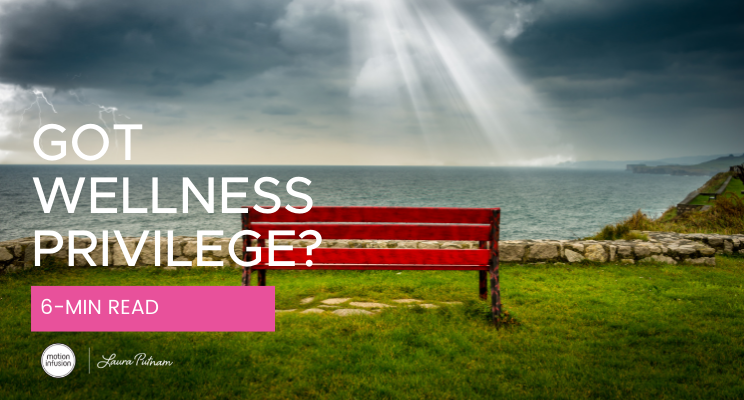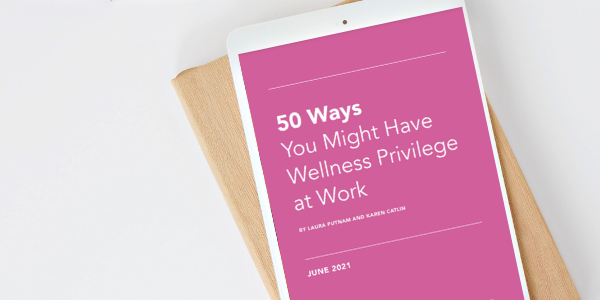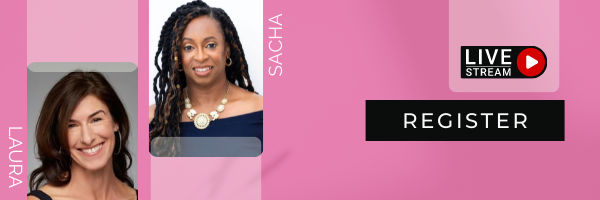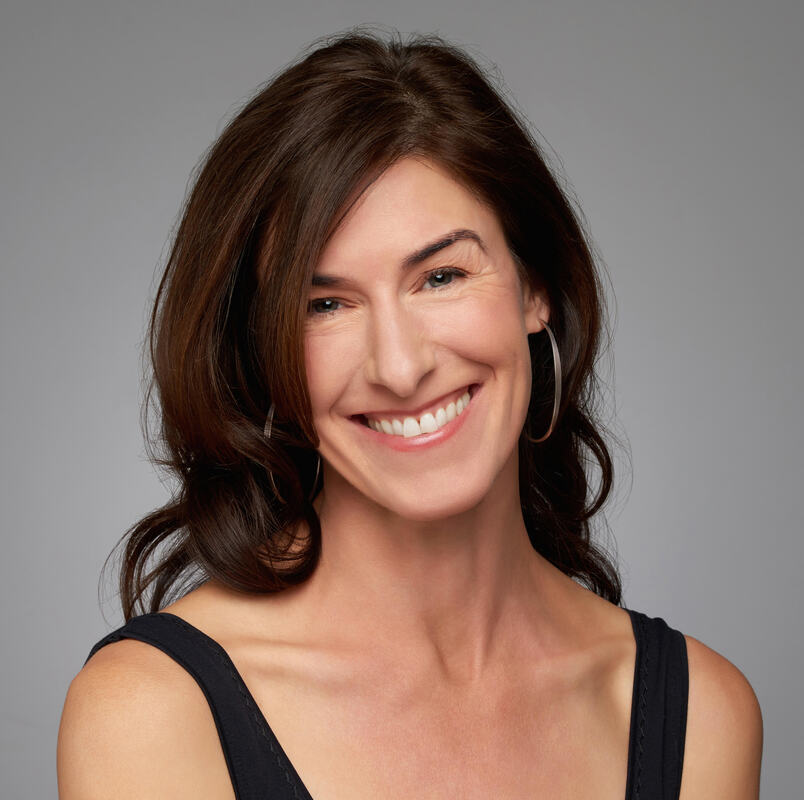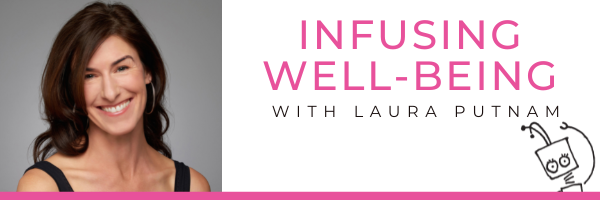|
Have you ever watched one of those reality shows where contestants battle it out for immunity? Immunity is granted to those who are the first to reach the rest stop, have the highest design score, or whose meal is deemed the judges' favorite. They’re the best, right? Maybe not. The winners are not necessarily the best, the fastest, or the most talented. In many cases, the winners have an inside track on how to play the game, circumvent the rules, or bypass the challenges. They hold unearned advantages. Immunity is like privilege; it is granted only to those invited to play, understand the rules, or are equipped to override challenges. Those with privilege have a leg up – and often times don’t even know it. So, let’s bring this to you. Do you have privilege? Are there advantages that you hold that have given you a leg up, paving the way to success? Privilege, or the “p-word,” has gotten a lot of play lately - especially as it shapes the extent to which an individual can – or can’t – achieve the American Dream. Scholars like Harvard economist Raj Chetty have challenged the notion that meritocracy prevails, and with effort, any individual can achieve the American Dream. Instead, his research (and that of many others) have uncovered systems that make access to the American Dream difficult, or in some cases, impossible. Where we live, the family we’re born into, the school we went to, our gender, our race, our sexual orientation, and many other factors play a role in the extent to which we are likely to achieve our version of the American Dream. Hard data gathered by Chetty’s research team, in the form of “opportunity maps,” shows that for many, the American Dream is nothing more than that – a dream, aka, a “myth.” So, let’s bring all of this to wellness. Just as the American Dream is a myth, is the same true when it comes to the pursuit of better health and well-being? Evidence suggests yes. How many times have you heard messages like “You just need more grit! Lean in! Or, girl, wash your face!” To a fault, the overriding narrative in wellness has been centered around individual actions. Build a positive mindset. Get more resilient. Set SMART goals. Form tiny habits. Find the right digital device. Take mini-breaks. Eat whole foods. Do the work that you love. Follow your passion. Be your full authentic self. Get out into nature. Each of these tips, while usually well intended, invoke a whole host of assumptions. The extent to which we can put each tip into action is dependent upon Wellness Privilege. The truth is, better health and well-being is more is than just a matter of taking individual responsibility. In fact, research suggests that only 20% of our health is due to our personal choices. The remaining is due to Social Determinants of Health, or the conditions within which we live, learn, work and play. This growing body of research shows how habits are never formed or carried out in a vacuum. Rather, they are formed within the context of circles of cultural and environmental influence – or ecosystems. Moreover, there are systems at work within each of these circles that need to be addressed. This is where privilege, or more specifically, Wellness Privilege needs to enter the conversation. So, let’s explore a few of these. As you read each prompt, take a moment to consider your response. Is it a “yes” or a “no”? Spoiler alert: Each “yes” is a Wellness Privilege.
These are just six examples of Wellness Privilege, derived from a longer list I co-created with DEI expert Karen Catlin. Together, we crafted a checklist, or 50 Ways You Might Have Wellness Privilege at Work, an assessment tool that lists 50 ways an employee, manager, or leader might have—or might not have—privilege at work that supports their well-being. These seemingly trivial examples speak to a much deeper landscape of inequities. Consider, for example, that only about 5% of physicians in the US are African American. Or consider that 19 million Americans live in a food desert, which is disproportionately the case in black and brown communities. Or consider that nearly 70% of African Americans live in areas deprived of nature and green spaces, according to National Geographic. Wellness continues to be achievable only by those who are already “well," imbued with huge advantages. "Why Your Yoga Class Is So White," as characterized in an earlier Atlantic article, is still alive and well. While change is happening, there is still an enormous lack of representation in the health and wellness space. When people are unable to see themselves or feel represented in a space, they struggle to identify with it and embrace it. Providing access to the things that enable health and wellness to flourish, such as affordable healthcare, healthy foods, safe spaces to exercise, and free time to focus on self-care, are keys to ensuring wellness for all people. Unfortunately, the lack of these resources in certain communities and groups widens the Wellness Privilege gap. The pandemic has only widened the Wellness Privilege gap, especially among communities of color. “Approximately 97.9 out of every 100,000 African Americans have died from COVID-19, a mortality rate that is a third higher than that for Latinos, and more than double than that for whites and Asians.” This overrepresentation of African Americans among COVID infections and deaths is a very real example of Wellness Privilege and the deadly consequences of not addressing it. The reality is that Wellness Privilege is real, it’s deep, and for those who are lucky enough to possess it, it’s invisible. Here are three ways that we can begin to dismantle it:
As a profession, in order to create a more just and equitable country, we need to make workplace wellness work for everyone, regardless of race, age, abilities, income level, geographical location. Wellness shouldn't be a privilege but a right for everyone. Let’s work together to change wellness from a privilege for the few to a right accessible to all.
2 Comments
peter
11/4/2023 12:01:56 am
Cool savings await! Come fast to grab these charming huge savings coupons on Pure Taboo ❤️🔥 Membership Plans also, you can claim free 15 minutes on attractive vods and scenes. <a href=" https://coupondonor.com/coupons/puretaboo ">Pure Taboo coupon code</a>
Reply
peter
12/6/2023 11:36:21 pm
Cool savings await! Come fast to grab these charming huge savings coupons on Pure Taboo ❤️🔥 Membership Plans also, you can claim free 15 minutes on attractive vods and scenes. <a href=" https://coupondonor.com/coupons/puretaboo ">Pure Taboo coupon code</a>
Reply
Leave a Reply. |
Follow laura on social:Website by Brand Genie
|
join laura's monthly newsletter
|


